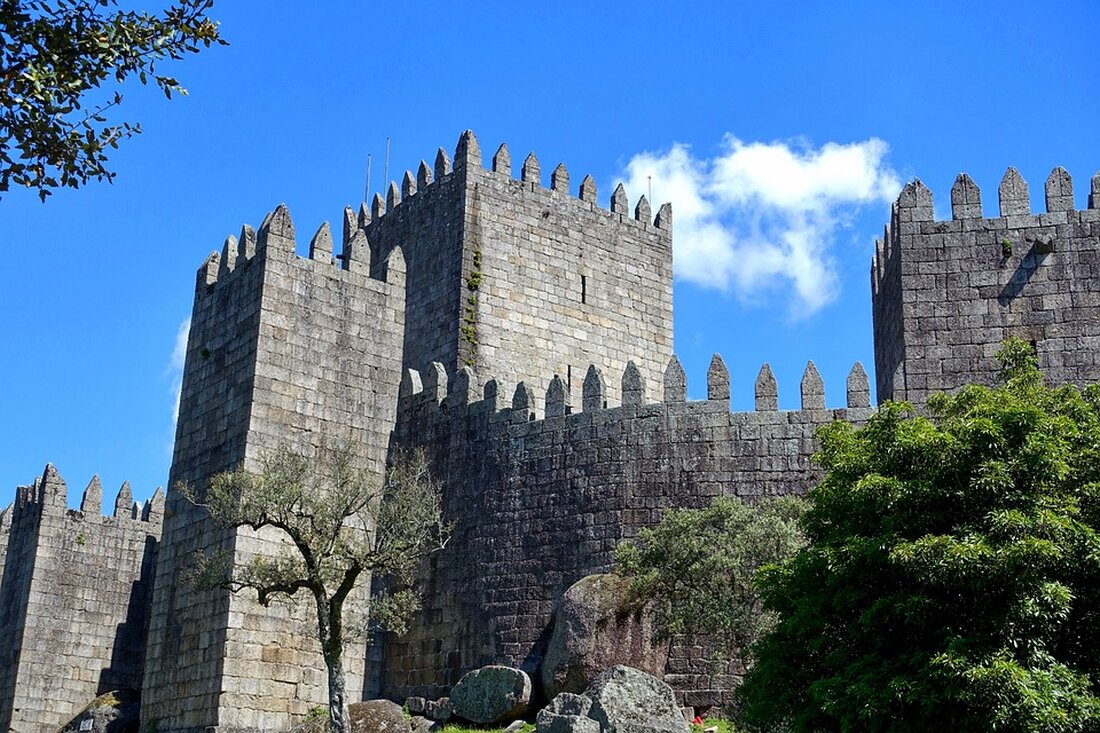Why the world has failed in the fight against hunger
The world has failed in the fight against hunger: despite the UN Sustainable Development Goals, 750 million people are affected. The new Global Alliance aims to eliminate hunger and poverty by 2030.

Why the world has failed in the fight against hunger
Doha, Qatar – Nine years after the UN launched the 17 Sustainable Development Goals (SDGs), which include ending poverty and hunger, we are faced with an alarming reality: last year alone, almost 750 million people affected by hunger - an increase of approximately 152 million compared to 2019. These worrying figures highlight the urgency of global efforts to combat hunger and poverty.
Global Alliance Against Hunger and Poverty
In November, the G20 summit launched the Global Alliance Against Hunger and Poverty, an initiative that aims to eliminate hunger and poverty by 2030 - in line with the SDGs. The Alliance's early commitments, also known as 2030 Sprints, include supporting 500 million people through cash transfer programs and providing nutritious school meals to 150 million children.
Importance of fighting hunger and poverty
At the Doha Forum, an annual gathering of global policy leaders, a high-ranking representative of the program, Brazilian Minister of Social Development and Support, Wellington Dias, on the urgency of addressing hunger and poverty and the status of the Alliance since its inception.
Q&A with Wellington Dias
CNN: Why was it necessary to create the Global Alliance Against Hunger and Poverty?
Wellington slides:In 2015, at the UN General Assembly, the world reached consensus on the Sustainable Development Goals for 2030. A central element was the global community's commitment to eradicate poverty and achieve zero hunger by 2030. We have failed: poverty, misery and hunger have increased.
These issues have deeper implications than we think. The connection between migration crises and conflict is often reinforced by poverty and hunger. The threats to democracies are also closely related to these problems. Wealthier nations must help developing countries with a comprehensive package of proven projects. This includes a national plan based on knowledge and financial support. Developing countries must prepare and implement their own plans, while developed countries must provide support. This initiative was adopted in Rio de Janeiro (at the G20 summit) and now we face the challenge of implementation.
Current status of implementation
CNN: What is the current status of implementation?
WD:We work through global blocs such as the World Bank in Washington and the UN in New York, as well as with institutions such as the UNDP (United Nations Development Program) and FAO (Food and Agriculture Organization of the UN). Currently, 86 countries and 66 organizations are part of this alliance, with branches in Europe (Rome at FAO headquarters), South America (Brasilia), Africa (Addis Ababa) and Asia (Bangkok). The Gulf region and the Arab League are also being considered.
The aim is to work with each country's national plans tailored to their specific needs. Priority areas such as income transfers, school nutrition programs, local agriculture, vocational training and social inclusion could be considered. The countries that are able to help poorer countries do so according to these plans.
Why hunger and poverty are often ignored
CNN: Why do you think hunger and poverty have not been effectively addressed in the past?
WD:Hunger and poverty are topics that are often avoided - especially by those who are directly affected. Many countries struggling with hunger and poverty feel uncomfortable talking about it. Events such as the Doha Forum are particularly valuable in addressing this issue. We need more open debate and sharing of experiences between countries like Colombia, Brazil and Mali, supported by UN organizations like the World Food Program.
Hunger is a responsibility of all nations and citizens. In the past, hunger was closely linked to food shortages. Today, in the 21st century, the world produces more than enough food for everyone. This means that if countries work together, fight food waste and engage with the Global Alliance Against Hunger and Poverty, we can create a better world by 2030.

 Suche
Suche
 Mein Konto
Mein Konto
